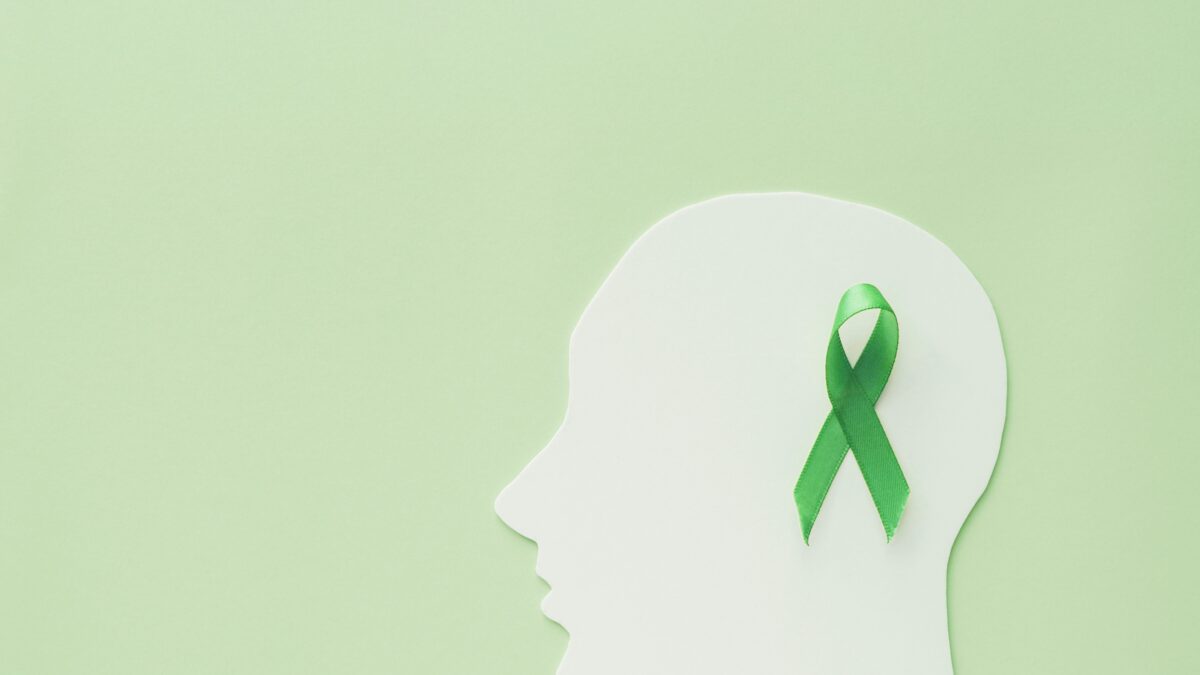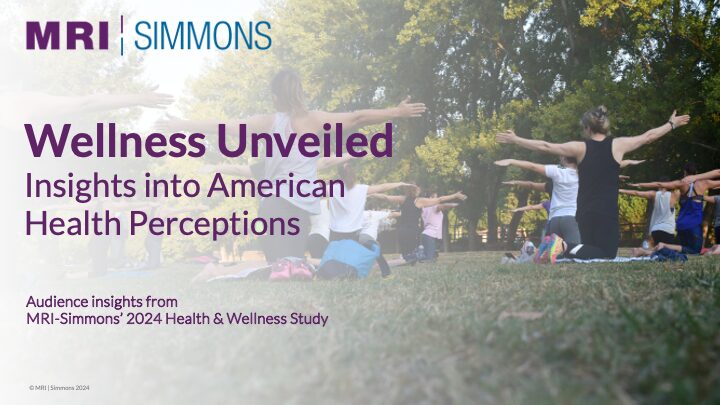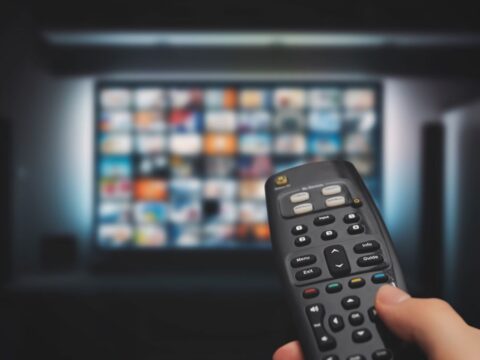Understanding American Health Perceptions and the Importance of Mental Health
In today's fast-paced world, health perceptions among Americans are evolving rapidly. With varying opinions across generations, it's crucial to understand these differences to better cater to their needs. This blog post delves into the current health perceptions in the U.S. and underscores the growing importance of mental health, especially as we approach the holiday season.
Generational differences in health insurance preferences are stark. A significant 72% of Gen Z are on board with having higher cost/deductible plans with lower, more predictable out-of-pocket costs. In contrast, only 46% of Boomers share this sentiment. This disparity highlights the need for tailored health insurance plans that cater to the financial preferences of different age groups. Additionally, 55% of Millennials and 46% of Gen Xers believe that health insurance isn't worth the money it costs, indicating a potential shift towards alternative healthcare solutions.
The concept of healthcare membership services is gaining traction, particularly among younger generations. While only 28% of Boomers are open to subscribing to a healthcare membership service, a substantial 64% of Millennials are receptive to this idea. This trend suggests a growing acceptance of more flexible and potentially cost-effective healthcare models among younger adults. As the healthcare landscape continues to evolve, understanding these preferences can help in designing services that resonate with different demographic groups.
Mental health is another critical aspect of overall well-being that cannot be overlooked. Interestingly, 53% of adults who rate their mental health as "very good" are male, while 47% are female. However, when it comes to seeking individual therapy or counseling, 53% of users are female compared to 47% male. This indicates a gender difference in how mental health services are utilized. Moreover, 63% of males prefer group therapy or support groups, whereas only 37% of females do. These insights can guide the development of mental health programs that cater to the specific preferences of men and women.
The use of online mental health services and apps is also on the rise. A notable 55% of females use these digital tools to help them navigate their mental health challenges, compared to 45% of males. This trend underscores the importance of accessible and convenient mental health resources, particularly for women. As technology continues to advance, the integration of digital solutions in mental health care is likely to become even more prevalent.
As we begin the holiday season, it's essential to focus on mental health. The holidays can be a stressful time for many, and having the right support systems in place is crucial. Whether through individual therapy, group support, or online services, ensuring that mental health resources are accessible and tailored to individual needs can make a significant difference. By understanding and addressing the diverse health perceptions and mental health needs of Americans, we can foster a healthier, more resilient society.
For more information on Americans’ health habits, attitudes, and healthcare interactions, learn about MRI-Simmons' Health and Wellness Study




